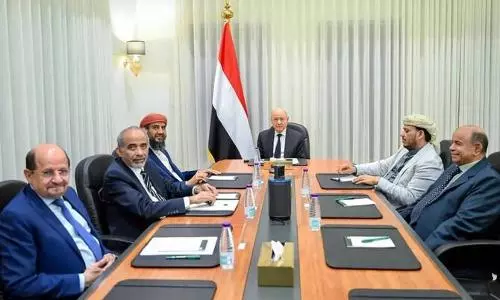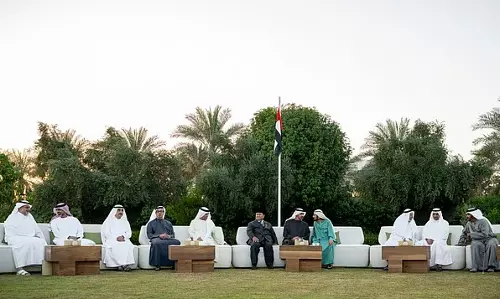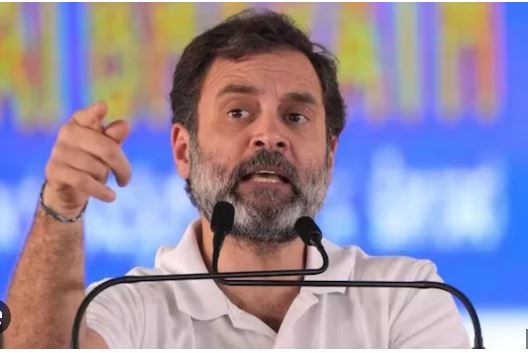
Rahul Gandhi calls for caste-based representation in Govt, citing Bihar caste census
text_fieldsNew Delhi: In response to the Bihar government’s survey based on caste that came out with 84 per cent state population belonging to the OBC and SC/ST, the Congress leader Rahul Gandhi stressed the need for even distribution of rights, including representation in the government and governing body, based on population size.
Despite forming a great part of the population, the representation of members of these communities in the Central government appeared to be marginal, while the caste census triggered a nationwide debate on social justice and political representation.
The findings, released months ahead of the 2024 Lok Sabha elections, have prompted political leaders to call for a similar exercise at the national level.
Highlighting that 84% of the state's population comprises Other Backward Classes (OBCs), Scheduled Castes (SCs), and Scheduled Tribes (STs), Rahul Gandhi argued that rights should be allocated based on population size and pointed out the stark underrepresentation of OBCs in the central government.
"Bihar's findings reflect a larger issue. Out of 90 central government secretaries, only three are OBCs, handling a mere 5% of India's budget. Caste statistics are crucial for equitable representation and distribution of resources. The greater the population, the greater the rights—this is our pledge," asserted Rahul Gandhi.
Bihar Chief Minister Nitish Kumar, who initiated the census, emphasized its role in understanding the economic status of different social groups. Kumar believes that the data will guide the government in implementing measures for social justice and upliftment.
Aiming to foster dialogue, Kumar has called for an all-party meeting to share the detailed findings of the Bihar caste census. Leaders from nine political parties are expected to participate, setting the stage for collaborative efforts towards addressing social disparities.
Rashtriya Janata Dal (RJD) president Lalu Yadav, a key ally of Nitish Kumar, sees the Bihar census as a precursor to a nationwide exercise. Lalu Yadav anticipates that a comprehensive caste census will be undertaken when their alliance forms the next government at the Centre.
Senior Congress leader Jairam Ramesh welcomed the Bihar government's initiative and urged the Centre to release the results of the caste census conducted during the UPA-2 government, which were not published by the Modi government. Ramesh emphasized the importance of caste-based surveys in strengthening the foundation for social empowerment programs and deepening social justice.
Samajwadi Party (SP) chief Akhilesh Yadav echoed the sentiment, stating that caste census is essential for the country's progress. He called on the central government to conduct a nationwide exercise, urging politicians to set aside politics for the sake of societal equality and integrated development.
The caste census results for Bihar, released by Development Commissioner Vivek Singh, paint a vivid picture of the state's social fabric. With a total population of over 13.07 crore, OBCs and Extremely Backward Classes (EBCs) constitute a staggering 63%. EBCs emerged as the largest social segment at 36%, closely followed by OBCs at 27.13%.
The survey further revealed that Yadavs, the OBC group to which Deputy Chief Minister Tejashwi Yadav belongs, are the largest in terms of population, accounting for 14.27%. Dalits (SCs) make up 19.65% of the total population, while nearly 22 lakh people (1.68%) belong to the ST category. Those from the general category comprise 15.52% of Bihar's population.























